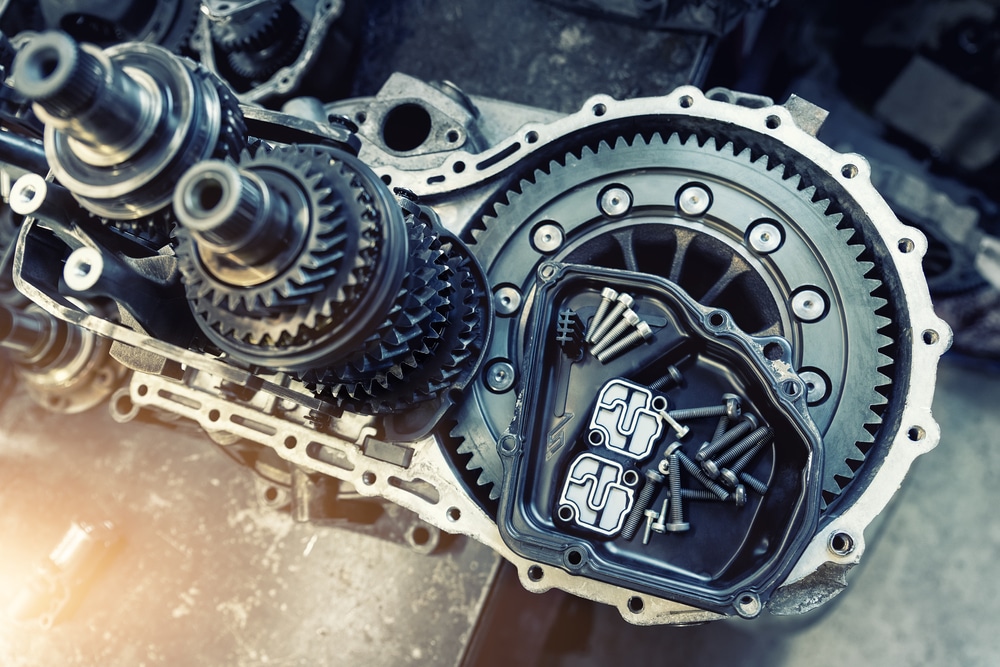
Signs Your Transmission Is Failing and What to Do Next
The transmission is one of the most important parts of your car because it sends power from the engine to the wheels. When it begins to fail, even the smallest signs can quickly turn into major repair bills if ignored. Understanding the early warning signs of transmission trouble can save you time, money, and frustration down the road. Here’s what you should look for and what to do if you suspect a transmission issue.
Unusual Noises When Shifting
One of the first indicators of a transmission problem is strange noises when you shift gears. You might hear grinding, whining, or clunking sounds coming from under the hood. These noises often mean that gears are struggling to engage properly or that transmission fluid is running low or contaminated. Ignoring these sounds could lead to further internal damage, which is why having a professional inspection is crucial.
Delayed or Rough Gear Shifts
If your car hesitates before changing gears or if the transition feels rough, it’s a sign that something is wrong. Delayed shifts often point to worn-out clutch components, low fluid pressure, or electrical issues within the transmission control system. A smooth driving experience depends on precise gear changes, so when you notice a delay or sudden jerks, schedule a checkup immediately.
Leaking Transmission Fluid
It’s never a good sign when there’s a pool of red or brown fluid under your car. Transmission fluid is needed to keep the interior parts cool and smooth. Leaks can cause overheating and friction, which can do a lot of harm. You shouldn’t drive until the leak has been checked out and fixed if you see one. Changing a cover or gasket might fix the problem in some cases, but if you keep driving it, you might need to rebuild it from scratch.
Burning Smell or Overheating
A burning odor is another serious indicator that your transmission is overheating. This often happens when the fluid becomes old and breaks down, losing its ability to cool moving parts. Overheating causes internal wear, which can lead to gear failure. If you ever detect a burning smell while driving, stop as soon as it’s safe and get your vehicle checked. Regular fluid replacement according to your car’s maintenance schedule can prevent this problem.
Slipping Gears
When your vehicle unexpectedly slips out of gear or struggles to stay in the right one, it’s a definite sign of transmission trouble. Slipping gears can cause unpredictable vehicle movement, putting both you and other drivers at risk. This issue might stem from worn-out bands, low fluid levels, or electronic control malfunctions. Professional diagnosis is the safest way to pinpoint the exact cause before it worsens.
Dashboard Warning Light
Modern cars have devices that can find problems with the transmission. You shouldn’t ignore the “check engine” or transmission light when it comes on. These lights often indicate early issues that can be addressed before more expensive repairs become necessary. A diagnostic scan can reveal error codes and help technicians determine the underlying problem quickly.
What to Do Next
If you suspect your transmission is failing, the best step is to visit a trusted auto repair shop for a complete diagnostic test. Certified technicians can assess fluid condition, check for leaks, and test the transmission’s electronic systems. Early action can often prevent a minor repair from becoming a major overhaul.
For those driving European models, specialized attention is especially important. Precision engineering in these vehicles means that repair and maintenance require specific expertise. If you own a BMW, seeking out a shop that handles BMW repair ensures that your car receives accurate diagnostics and the right replacement parts. This amount of specialized care can make your transmission last longer and work better overall.
Final Thoughts
It’s rare for a transmission to stop working without notice. You can catch problems early if you pay attention to things like strange noises, late shifts, fluid leaks, or panel lights. Your car will run smoothly if you do regular maintenance, get fixes done quickly, and only trust experienced professionals with difficult jobs. Being quick to act when you see the first signs of trouble can mean the difference between a cheap fix and a full replacement.

